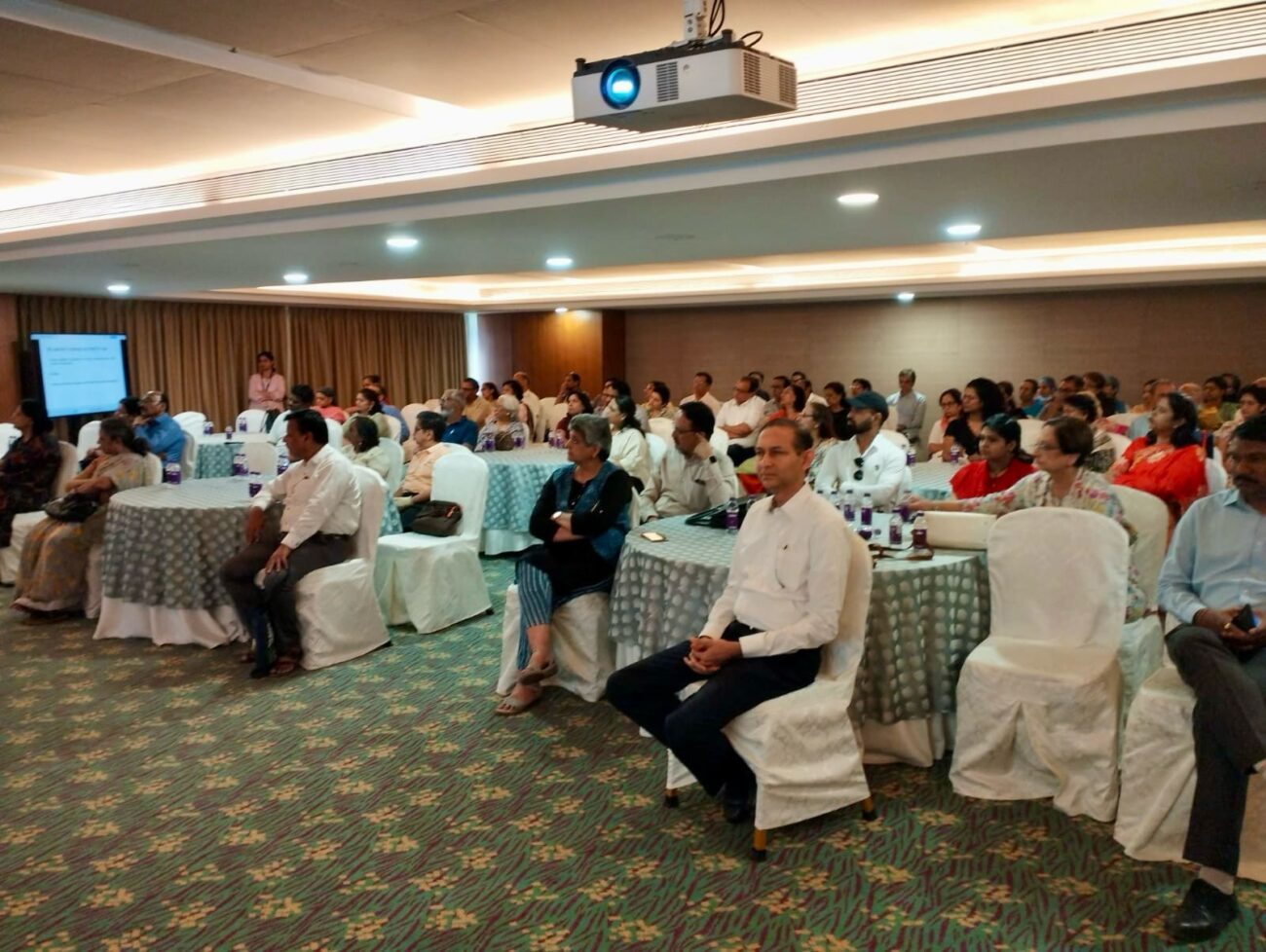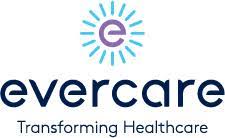Ending Discrimination and Offering Psycho Social Support to Patients Are Key Elements in India’s Fight against Hepatitis B and C, say Experts at Institute of Liver & Biliary Sciences’ EMPATHY Conclave 2019
Hon’ble Speaker of Lok Sabha Shri Om Birla, Minister for Health & Family Welfare Dr Harsh Vardhan, Minister of Law & Justice Shri Ravi Shankar Prasad attend the event.Deputy Chief Minister of Delhi, Shri Manish
- Hon’ble Speaker of Lok Sabha Shri Om Birla, Minister for Health & Family Welfare Dr Harsh Vardhan, Minister of Law & Justice Shri Ravi Shankar Prasad attend the event.
- Deputy Chief Minister of Delhi, Shri Manish Sisodia and member NITI Aayog Shri Vinod Paul offer their insights.
- The campaign is being strongly supported by Airports Authority of India
- In India, 4 crore people are suffering from Hepatitis B and almost 1.2 crore people suffering from Hepatitis C.
- De-stigmatizing Hepatitis B & C and creating awareness about prevention critical to curtailing these infections.
The Institute of Liver & Biliary Sciences today unveiled a major awareness campaign to educate people about hepatitis prevention and treatment as also to provide much-needed psycho social support to patients suffering marginalization in society. The ‘EMPATHY Concave 2019: Empowering People Against Hepatitis’ brought together leading policy makers, healthcare experts as well as social activists to discuss the way forward in India’s fight against viral Hepatitis.
The country-wide awareness campaign is being implemented with support from the Airports Authority of India (AAI).
With 1.5 lakh deaths annually and almost 60 million Indians affected, viral hepatitis continues to be a serious public health concern. Most of the mortality due to Viral Hepatitis is attributed to Hepatitis B & C, which are also known as silent killers as > 80% of the infected aren’t aware of their infection. Hepatitis B & C infections can remain asymptomatic for years, even decades, slowly damaging the liver. Discrimination and marginalization of people living with the chronic infection is another major concern that needs to be addressed with a collective effort from the government and society.

Hon’ble Speaker of Lok Sabha Shri Om Birla, Minister for Health & Family Welfare, Dr Harsh Vardhan and Minister of Law & Justice, Shri Ravi Shankar Prasad were among the key stalwarts who attended the event and shared their insights into government’s efforts to fight the disease as well as address stigmatization of patients.
Deputy Chief Minister of Delhi, Shri Manish Sisodia and member NITI Aayog Shri Vinod Paul also discussed the challenges in India’s fight against viral hepatitis and the way forward.
EMPATHY or “Empowering People Against Hepatitis” is part of a 4-year-long mega awareness drive on hepatitis started by ILBS in collaboration with AAI, on 28th July, 2018. It is estimated that 4 crore people are suffering from Hepatitis B and 0.6-1.2 crore people are suffering from Hepatitis C in India.
“Fighting hepatitis is difficult because both hepatitis B and C are chronic infections that often remain dormant in the body for years before damaging the liver. Liver cirrhosis and liver cancer are common culminations of these chronic infections. The problems are manifold. Firstly, most people infected with the virus are not aware about their disease status. Only preventive screenings to high risk individuals such as those who have undergone dialysis or blood transfusions can identify dormant infections and treat them on time. Secondly, misconceptions and stigma attached to the disease often leads to marginalization and discrimination against patients. Our fight against the disease must focus on multiple fronts — prevention of hepatitis B through universal vaccination, identifying and treating patients through screenings and providing psycho social support to patients,” Dr. (Prof.) S.K. Sarin, Director, Institute of Liver and Biliary Sciences.
People who were discriminated against after being diagnosed with hepatitis B shared their experience at the conclave. One patient, Ms Afsana Ali, was married for 6 months when suddenly she started having stomach aches. She was asked to undergo a number of tests and was diagnosed with hepatitis B. While she was referred to Kanpur for further treatment, she started living with her parents as the connection with her in-laws started withering. After some time, doctors in Kanpur asked her to go back and until she and her family somehow got in touch with ILBS, Afsana was at a loss. She thanked Dr. Prof. Sarin and other doctors of ILBS for the sustained treatment, instilling confidence in her, and rebuilding her life. The other patient, a doctor by training, was denied a clinical line of his choice due to his hepatitis B positive status. He was screened during a selection process when he was diagnosed with hepatitis B after which he was asked to drop his choice of specialization. He was treated at ILBS and says the confidence shown by doctors has renewed his confidence in himself. He urges that there should be some legal provision that prevents discrimination against hepatitis B affected people.
Awareness about safe blood transfusion and use of safe needles for injections is very important, Similarly, it is crucial to educate youth about the threat of hepatitis infection through unsafe needles used in tattooing and body piercing.
Chronic HBV infection accounts for 40-50% of hepatocellular carcinoma (HCC) and 20-30% cases of liver cirrhosis while chronic HCV infection accounts for 12-32% of HCC and 12-20% of liver cirrhosis in the country. Mother-to-Child transmission is considered to be the most common mode of transmission for HBV. However, the HBV infection is both preventable by a very effective vaccine as well as treatable with oral drugs. Improving India’s birth dose coverage of HCB vaccine is essential to our fight against Hepatitis B.
ILBS has been spearheading a nation-wide campaign to make people aware about Hepatitis B & C. EMPATHY Campaign is focused on generating community dialogue for empowering people against Hepatitis B & C, by implementing a mix of call to action initiatives, awareness camps, mass media and social media campaign in conjunction with each other. Over the last year, several initiatives have been undertaken, like creation of EMPATHY Network of People living with hepatitis B & C, several call to action initiatives, such as I pledge… (my support), Art For a cause, Let’s Talk Hepatitis, to name a few. Six-time world boxing champion, MC Mary Kom is now the brand ambassador for the Empathy Campaign. Educational content is being disseminated at Cinema halls, FM channels and airports across the country and metro stations. As part of the campaign, the work force in many organizations are taking pledges for the cause and to make people know about the disease and encourage them to disapprove any kind of discrimination against those living with Hepatitis.
“Several initiatives are currently being undertaken by the Government under the National Viral Hepatitis Control Program (NVHCP), to improve access to vaccines, diagnostics and treatment for patients and those at risk. However, the stigma and discrimination associated with these infections is a significant hindrance to care-seeking, treatment compliance and mother to child transmission mainstreaming. That’s the reason of rise in hepatitis related deaths. It is vital to take steps to prevent the infection & keep your liver healthy. Through our EMPATHY conclave and associated campaign, we want to create a change in the mindset of the people,” said Dr. Sarin.





